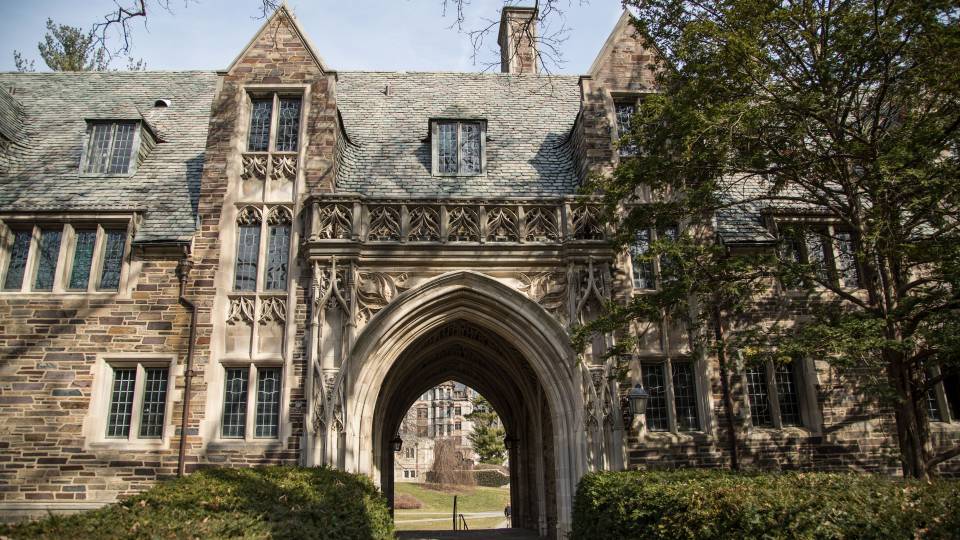Princeton University has implemented new Title IX/sexual misconduct policies in response to new federal Title IX regulations. In May of 2020, the U.S. Department of Education issued new regulations mandating how colleges and universities must investigate and adjudicate sexual misconduct cases under Title IX, the federal law prohibiting discrimination on the basis of sex in educational programs or activities. As a result, like all educational institutions that receive federal funding, Princeton was required to amend its policies related to sexual misconduct by no later than Aug. 14.
“Princeton continues to take sexual misconduct extremely seriously and is committed to providing an inclusive and welcoming educational and working environment for all members of its community,” said Vice Provost for Institutional Equity and Diversity Michele Minter, who also serves as the University Sexual Misconduct/Title IX Coordinator.
“The University’s goal is to meet its responsibilities in a manner that ensures compliance with federal law while best fulfilling our commitments to safety, wellbeing and fairness,” Minter added.
The new policies were developed with input from students, faculty, and staff, including the Faculty Advisory Committee on Policy (which consists of faculty and staff administrators) and the Rights, Rules Committee of the Council of the Princeton University Community (which consists of undergraduates, graduate students, faculty and staff). The policies were approved by the full faculty on July 27 and by the CPUC (which consists of undergraduates, graduate students, faculty, staff and alumni) on Aug. 3.
The Sexual Misconduct & Title IX website and the Sexual Misconduct Investigations website provide additional information regarding the new policies, which are effective immediately.
Most importantly, under the new policies, conduct of a sexual nature that previously constituted a violation of University policy will continue to constitute a violation of University policy.
However, such conduct will now be adjudicated under two different policies: the Title IX Sexual Harassment policy, which addresses conduct falling under federal Title IX regulations; and the University Sexual Misconduct policy, which addresses conduct falling outside the jurisdiction/scope of federal Title IX regulations.
New features of the Title IX Sexual Harassment policy and University Sexual Misconduct policy include:
- There will be live hearings with the option of different locations and the use of remote technology.
- There will be live cross examination (conducted by parties’ advisers) under the Title IX Sexual Harassment policy, and written cross examination under the University Sexual Misconduct policy.
- Students, faculty and staff members who are parties in Title IX or University Sexual Misconduct investigations/adjudications will have access to funding to engage attorneys to serve as their advisers.
- Parties who do not wish to participate in the University’s formal disciplinary process may choose to participate in a voluntary informal resolution process.
Many features of the University’s previous policy related to sexual misconduct will remain the same, including:
- University policy continues to apply to off-campus sexual misconduct between two members of the University community that occurs in the local vicinity (including at eating clubs) or on University-sponsored programs or activities (including study abroad or conferences).
- The preponderance of the evidence (more likely than not) standard continues to apply.
- Individuals may still obtain supportive measures (such as No Contact Orders, academic support, or housing changes) with or without participating in a formal investigation/adjudication.
The Office of Gender Equity and Title IX Administration continues to remain open, functioning remotely during the ongoing COVID-19 pandemic. Anyone impacted by sexual misconduct is encouraged to contact the University Sexual Misconduct/Title IX Coordinator to make a report and/or obtain assistance.




